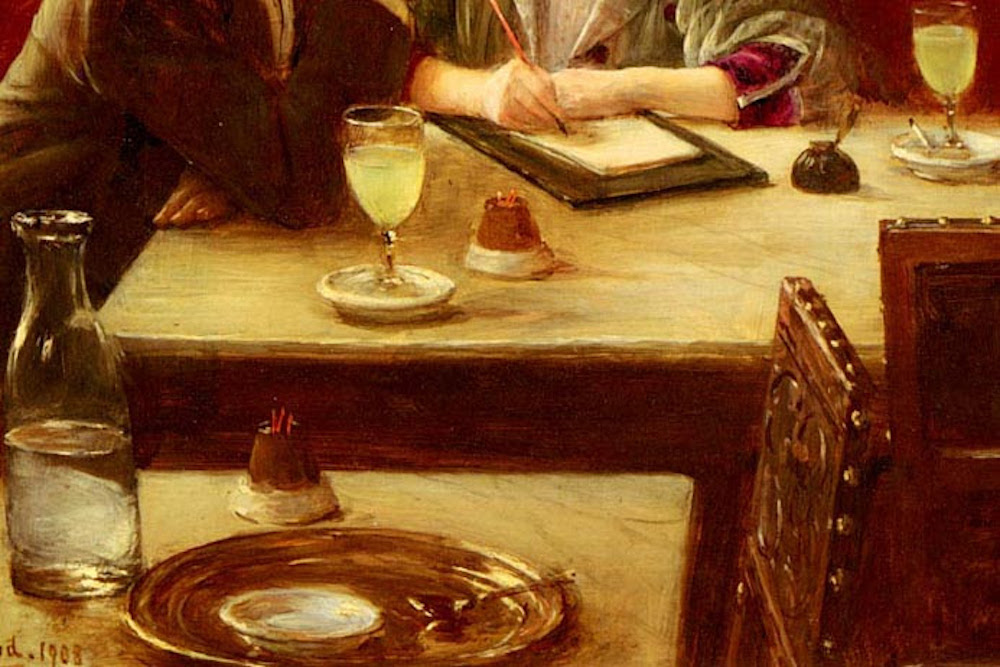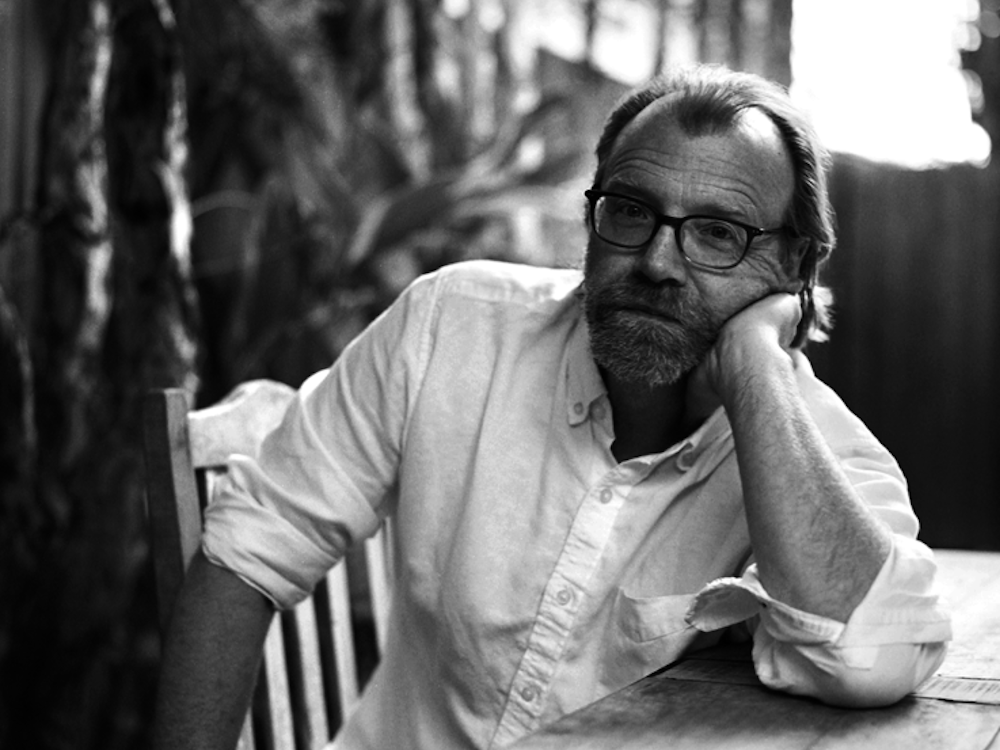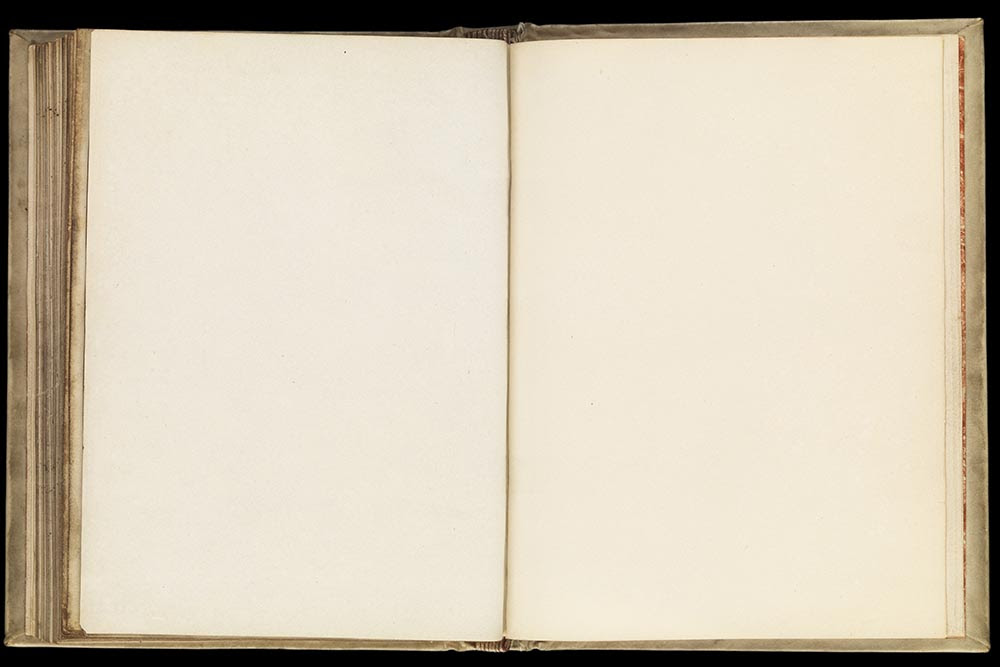Every week, the editors of The Paris Review lift the paywall on a selection of interviews, stories, poems, and more from the magazine’s archive. You can have these unlocked pieces delivered straight to your inbox every Sunday by signing up for the Redux newsletter.
This week, we’re looking at some of the writers whom both The Paris Review and BOMB Magazine have published in the past. Read on for George Saunders’s Art of Fiction interview, Renee Gladman’s essay “Five Things,” and Cathy Park Hong’s poem “Happy Days.”
If you enjoy these free interviews, stories, and poems, why not take advantage of our current subscription offer with BOMB Magazine? Until the end of February, subscribe and save on both of these New York magazines, bringing you the best in literary and visual arts, for only $62.
George Saunders, The Art of Fiction No. 245
Issue no. 231 (Winter 2019)
My view of myself is that I came in through the basement window of literature. I’m not well educated or well read enough to do things correctly, and when I write what seems to me a “correct” story, it’s got low energy and isn’t true to my experience. Somehow the story and the language have to be a little messy or low. I love the idea of pushing an idea through a too-small linguistic opening—that feeling of overflow. I love the idea that the passion contained in a story is so great that it fucks up the form and makes it unseemly and impolite.
Five Things
By Renee Gladman
Issue no. 217 (Summer 2016)
I began the day standing at a threshold of time—the beginning of something, the end of something. I had a method for standing that was called art, then writing. The way I stood allowed me to see how things could begin and end this way—simultaneously. It was hard to follow these opposing tendencies, especially when you were writing and couldn’t see anyway, see anything other than these words appearing on the laptop screen. You were writing about something you weren’t looking at. There had been a break. I was saying this on paper. I am not ready for school.

Jean Béraud, La lettre (detail), 1908, oil on canvas, 18 x 14 1/2″. Public domain, via Wikimedia Commons.
Happy Days
By Cathy Park Hong
Issue no. 211 (Winter 2014)
Garçon, you snore so rhapsodically but hup hup,
peach schnapps & Coke Zero
with a gumball-green mermaid swizzle stick—
I need me a diabetic shock.I yearned so long to be ensorcelling,
yet I’m always a meter maid, never a mermaid.
I’d populate this world w’ idlers of my kind,
but pistil-less, I’m pissily only one …
If you enjoyed the above, don’t forget to subscribe! In addition to four print issues per year, you’ll also receive complete digital access to our sixty-seven years’ worth of archives. Or take advantage of our current subscription offer with BOMB Magazine. Until the end of February, subscribe and save on both of these New York magazines, bringing you the best in literary and visual arts, for only $62.
from The Paris Review https://ift.tt/3qQhkbX


Comments
Post a Comment